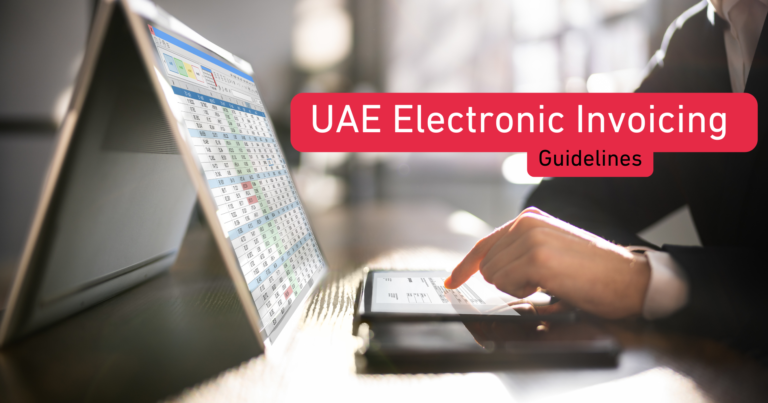
Dubai is widely recognized not only as a premier global destination for higher education but also as a dynamic and thriving job market. Many prospective and current students often ask an important question: Can I work while studying in Dubai? The answer to this question is yes. The United Arab Emirates (UAE) allows international students to engage in part-time work under specific conditions, enabling them to effectively balance their academic responsibilities with gaining valuable practical work experience. In this comprehensive guide, I will outline the essential rules, available job opportunities, benefits, and potential challenges of working while studying in Dubai in 2025. All the information provided here is based on official and reliable sources, including u.ae, KHDA, Ministry of Education UAE, GDRFA Dubai, and ICP (links included for your reference).
Legal Framework for Students Working in Dubai
• Eligibility: International students enrolled in universities licensed by KHDA or recognized by MOE.
• Work Permits: Students must obtain a part-time work permit issued via u.ae or directly by the Ministry of Human Resources & Emiratisation (MOHRE).
• Free Zones: Students in free zone universities like Dubai Knowledge Park or Dubai International Academic City may access internships and part-time roles through university arrangements.
• Visa Status: Student visas sponsored by universities or parents allow part-time employment once work permits are granted (ICP).
Types of Work Students Can Do
1. Internships (Paid or Unpaid)
- Arranged by universities or employers.
- Valuable for building career networks.
2. On-Campus Jobs
- Library assistants, research assistants, student support services.
- Managed directly by universities.
3. Part-Time Jobs in Free Zones
- Roles in retail, events, hospitality, and admin.
- Requires MOHRE-issued student work permit (u.ae).
4. Freelancing & Remote Work
- Students with skills in IT, design, or writing may apply for freelance permits in specific free zones like Dubai Media City.
Rules & Restrictions
Working Hours: Students are permitted to work up to 15 hours per week during academic semesters, allowing them to balance their studies and work commitments effectively; however, during university holidays, they can work up to 40 hours per week, providing a greater opportunity to gain work experience and earn income. More detailed information can be found on the official website (u.ae).
• Job Types: It is important to note that students are strictly prohibited from taking on jobs that are deemed unsafe or hazardous, as well as roles that do not align with their visa or work permit conditions, ensuring compliance with legal and safety regulations.
• Sponsorship: For students residing under a parent’s visa, it may be necessary to obtain a No Objection Certificate (NOC) from the relevant authorities or sponsors before commencing employment, to ensure all legal requirements are met and to avoid any complications.
Benefits of Working While Studying
• Financial Support: Offset tuition and living costs.
• Work Experience: Gain UAE work culture exposure.
• Networking: Connect with employers, boosting career opportunities after graduation.
• Golden Visa Pathway: Outstanding students with work experience may qualify for the long-term Golden Visa.
Challenges & Considerations
• Time Management: Balancing studies and part-time work can be demanding.
• Competition: High demand for part-time roles in retail, events, and hospitality.
• Work Permits: Must be officially obtained to avoid penalties.
How to Apply for a Student Work Permit
1. Confirm eligibility with your university (KHDA).
2. Submit application to MOHRE or through your university.
3. Required documents:
- Valid passport copy
- Student visa copy (ICP)
- University enrollment certificate
- Passport-sized photographs
- NOC from university or parents if required
4. Pay applicable fees.
5. Approval usually takes 2–3 weeks.
FAQs
Q1: Can international students work full-time in Dubai?
Not during semesters, but up to 40 hours/week is allowed during official breaks (u.ae).
Q2: Can students work off-campus in Dubai?
Yes, with a valid MOHRE-issued student work permit and university approval.
Q3: Do internships count towards work permits?
Yes, internships (paid/unpaid) require proper documentation and approval via KHDA.
Recommendations
• Always use official portals like u.ae, KHDA, and MOE for updated guidelines.
• Start with internships related to your field of study for long-term benefits.
• Explore university career centers for verified job postings.
• Prioritize studies—work should complement, not hinder, academic success.
Conclusion
Working while studying in Dubai in 2025 is not only feasible but also highly beneficial when students adhere to the official regulations and guidelines set by the authorities. Students have the opportunity to explore a variety of part-time jobs, internships, and freelance work that can help them achieve financial independence while simultaneously gaining valuable experience to advance their future careers alongside their academic pursuits. To ensure a smooth, legal, and successful working experience, it is essential to always apply for work permits and job opportunities through authorized and trusted platforms such as u.ae, KHDA, MOE, ICP, and GDRFA Dubai. Following these official channels will help students stay compliant with local laws and maximize their work-study balance effectively.


